
GENDER IN HISTORY
Series editors:
Lynn Abrams, Cordelia Beattie, Pam Sharpe and Penny Summerfield
The expansion of research into the history of women and gender since the 1970s has changed the face of history. Using the insights of feminist theory and of historians of women, gender historians have explored the configuration in the past of gender identities and relations between the sexes. They have also investigated the history of sexuality and family relations, and analysed ideas and ideals of masculinity and femininity. Yet gender history has not abandoned the original, inspirational project of womens history: to recover and reveal the lived experience of women in the past and the present.
The series Gender in History provides a forum for these developments. Its historical coverage extends from the medieval to the modern periods, and its geographical scope encompasses not only Europe and North America but all corners of the globe. The series aims to investigate the social and cultural constructions of gender in historical sources, as well as the gendering of historical discourse itself. It embraces both detailed case studies of specific regions or periods, and broader treatments of major themes. Gender in History titles are designed to meet the needs of both scholars and students working in this dynamic area of historical research.
Women of letters
OTHER RECENT BOOKS
IN THE SERIES
Love, intimacy and power: marriage and patriarchy in Scotland, 16501850 Katie Barclay (Winner of the 2012 Womens History Network Book Prize)
Modern women on trial: sexual transgression in the age of the flapper Lucy Bland
The Womens Liberation Movement in Scotland Sarah Browne
Modern motherhood: women and family in England, c. 19452000 Angela Davis
Gender, rhetoric and regulation: womens work in the civil service and the London County Council, 190055 Helen Glew
Jewish women in Europe in the Middle Ages: a quiet revolution Simha Goldin
The shadow of marriage:singleness in England, 191460 Katherine Holden
Women, dowries and agency: marriage in fifteenth-century Valencia Dana Wessell Lightfoot
Women, travel and identity:journeys by rail and sea, 18701940 Emma Robinson-Tomsett
Imagining Caribbean womanhood: race, nation and beauty contests, 192970 Rochelle Rowe
Infidel feminism: secularism, religion and womens emancipation, England 18301914 Laura Schwartz
Women, credit and debt in early modern Scotland Cathryn Spence
Being boys: working-class masculinities and leisure Melanie Tebbutt
Queen and country: same sex desire in the British Armed Forces, 193945 Emma Vickers
The perpetual fair: gender, disorder and urban amusement in eighteenth-century London Anne Wohlcke
Women of letters
Gender, writing and the life of the mind in early modern England

Leonie Hannan

Manchester University Press
Copyright Leonie Hannan 2016
The right of Leonie Hannan to be identified as the author of this work has been asserted by her in accordance with the Copyright, Designs and Patents Act 1988.
Published by Manchester University Press
Altrincham Street, Manchester M1 7JA
www.manchesteruniversitypress.co.uk
British Library Cataloguing-in-Publication Data
A catalogue record for this book is available from the British Library
Library of Congress Cataloging-in-Publication Data applied for
ISBN 978 0 7190 9942 7 hardback
First published 2016
The publisher has no responsibility for the persistence or accuracy of URLs for any external or third-party internet websites referred to in this book, and does not guarantee that any content on such websites is, or will remain, accurate or appropriate.
Typeset by Out of House Publishing
Contents
The ideas that frame this book can be traced back to my earliest days of postgraduate research at Royal Holloway, University of London. Since that time, I have been incredibly fortunate in meeting with friends, advisors and supportive institutions who have made this work not only possible but also enjoyable. But there is one person who has had a defining influence on my development as a researcher, Professor Penelope Corfield, and this project owes an immeasurable debt to her intellectual generosity and firm guidance. I have also benefited hugely from the support and inspiration provided by Professor Margot Finn, Dr Susan Whyman, Professor Michle Cohen, Dr Simon Werrett, Professor Lisa Jardine and Professor Amanda Vickery.
Various institutions have been critical to the completion of this research, in practical, financial, social and intellectual terms and they include Royal Holloway, University of London, University College London, the Institute of Historical Research, the British Federation of Women Graduates and, more recently, Queens University, Belfast. I am also indebted to the conversations made possible by the mighty British History in the Long Eighteenth Century Seminar at the Institute of Historical Research in London, which have nurtured and developed my thinking over many years.
This book is the product of archival research and I am grateful to the very many archivists who have helped me and the archives that gave their permission for manuscripts to be quoted. They include: the Bodleian Library, the British Library, the Bedfordshire and Luton Archive Service, the Derbyshire Record Office, the Keep Archives at the East Sussex Record Office, Hertfordshire Archives and Local Studies, the Library of the Society of Friends, Northamptonshire Record Office, Somerset Archive and Record Office, the University of Nottingham Manuscripts and Special Collections and West Yorkshire Archive Service.
Throughout the research and writing of this book I have continued to work in other professional settings outside the very particular world of academic history. This book has, therefore, been shaped by the cultural influences and collegial support of a host of organisations, most importantly, Museums & Collections at University College London, Lifespan Research Group (formerly of Royal Holloway, University of London), Kensington and Chelsea College, Birkbeck College, University of London, the Highgate Literary and Scientific Institution, the Geffrye Museum, the Old Operating Theatre Museum and Herb Garret, the Hunterian Museum at the Royal College of Surgeons (London) and Milton Manor House. All of these environments and encounters have helped me think through my subject and have removed the possibility of holding a narrow perspective on the practice of history.
I am very grateful to the team at Manchester University Press for shepherding this book to completion and also to the anonymous readers for their rigorous scrutiny of the manuscript and helpful suggestions. I also want to thank Professor John Thompson for giving me a long-term future in academic research and the opportunity to write my next book.


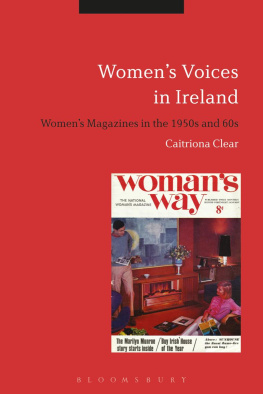
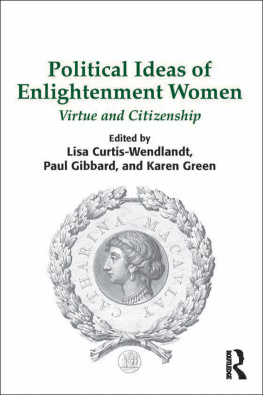
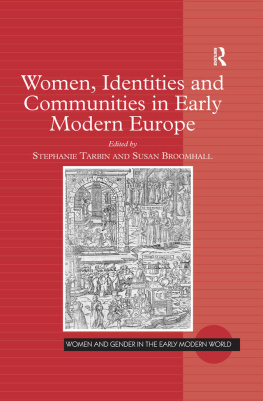
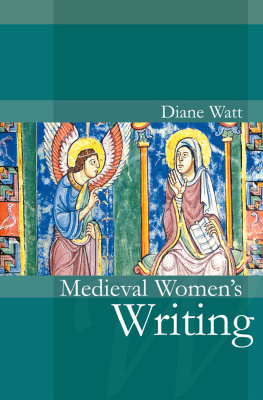
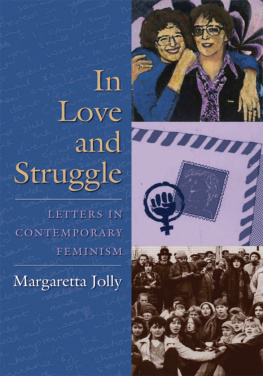




 Leonie Hannan
Leonie Hannan 